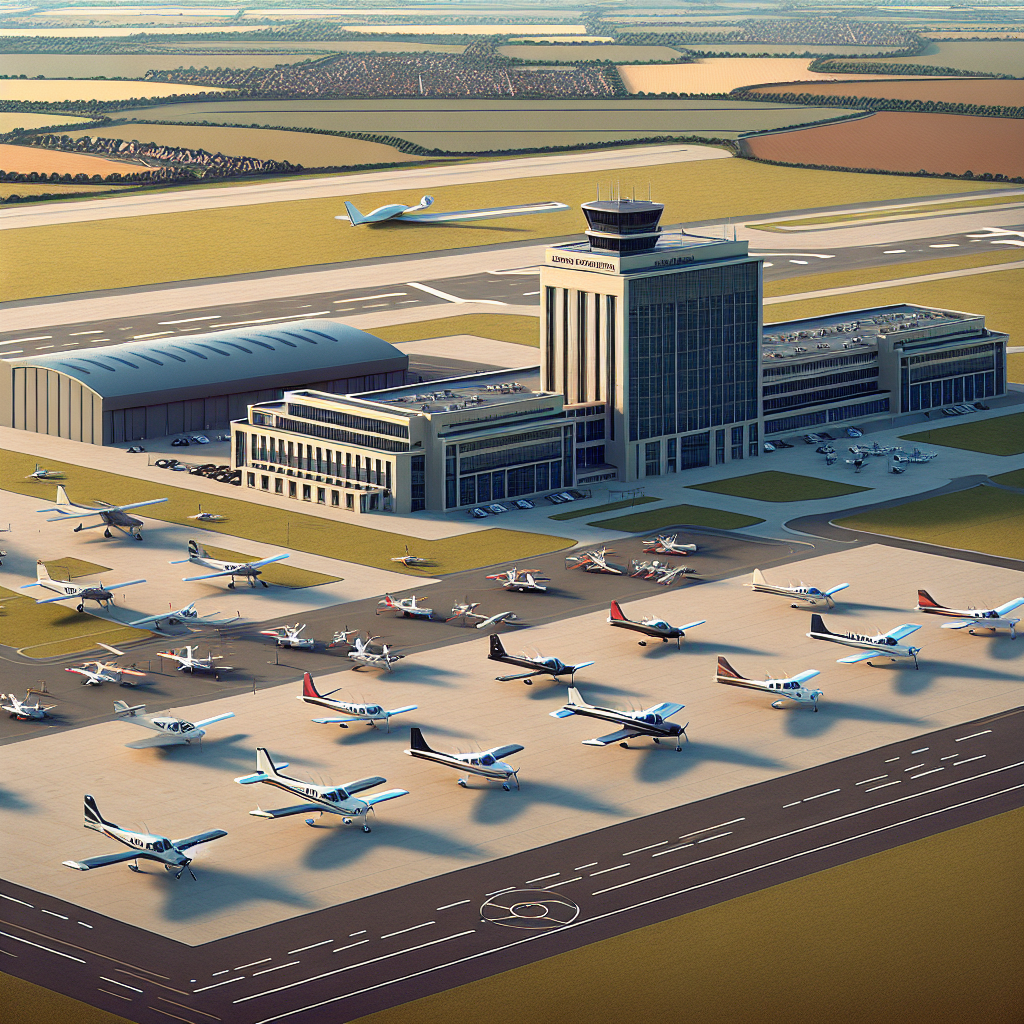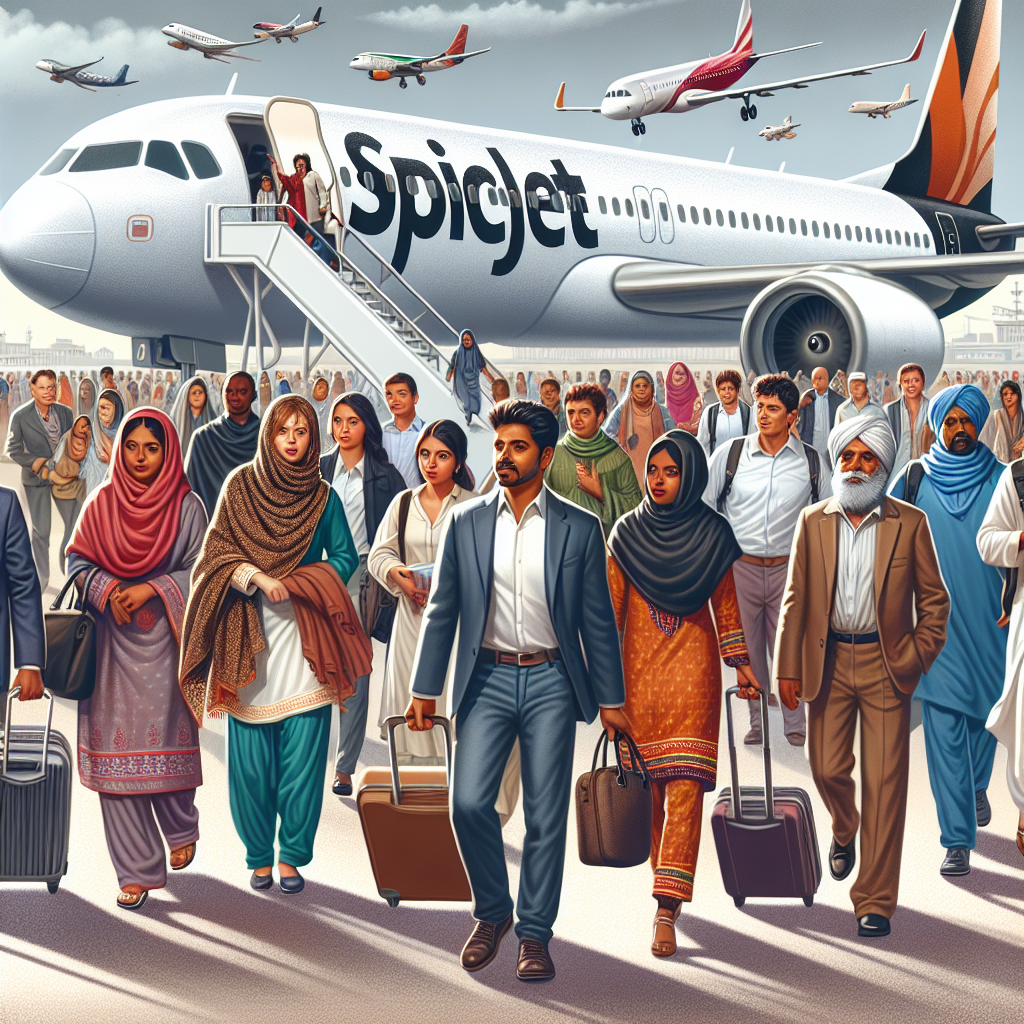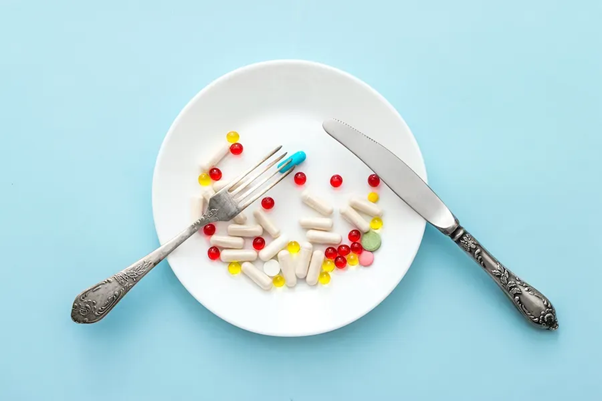Over half of Hongkongers said they did not support the government’s public healthcare subsidy reform, a Liberal Party survey has found.Chiu Chi-fai, convener of the Liberal Party’s healthcare group, and the party’s vice-chairperson Lee Chun-keung at a press conference on April 14, 2025. Photo: Liberal Party, via Facebook.
According to survey results announced by the Liberal Party on Monday, more than 53 per cent of the respondents said they did not endorse the government’s plan to increase fees for non-critical Accident & Emergency (A&E) services and some medical tests.Meanwhile, around 28 per cent of the respondents said they supported the plan, while 18. 8 per cent had “no comment.

”The political party surveyed 1,681 people by phone between March 28 and April 8, shortly after the government announced a medical services overhaul of Hong Kong’s heavily subsidised healthcare system, set to start next year.As part of the planned revamp, fees for A&E services in non-critical cases will rise from HK$180 to HK$400. Patients classified as critical will be treated for free.
The government is also considering charging for services such as CT and MRI scans, which are currently fully subsidised, and raising general outpatient clinic consultation fees from HK$50 to HK$150.More than 51 per cent of the respondents also said they agreed that the city’s A&E services were being abused by the public, echoing the government’s view that some patients go to the emergency department for “minor problems.”Patients waiting in a public hospital in Hong Kong.
File photo: Kyle Lam/HKFP.When asked if they would consider using other types of medical services instead of public ones after the reform is implemented, over 70 per cent said no. Among those who said they would, over 50 per cent said they would switch to private healthcare, while the rest said they would turn to Chinese medicine or seek treatment in mainland China, where costs are lower.
Sustainability of healthcare systemAddressing lawmakers at a Panel on Health Services meeting at the Legislative Council on Monday, Secretary for Health Lo Chung-mau emphasised that the reform was needed to boost the sustainability of the city’s healthcare system.“We wish to retain a higher subsidy rate for in-patient and complicated services, while the subsidy level will be lowered for minor cases,” he said in Cantonese.Hong Kong last adjusted its public healthcare fees in 2017.
During the Policy Address last year, Chief Executive John Lee said the government was reviewing the public medical system to direct resources to patients most in need.He added that the government was planning to expand the waiver system for low-income residents, which is set to benefit 1.4 million people, up from 300,000 under the existing mechanism.
Hong Kong medics in a public hospital. Photo: Kyle Lam/HKFP. Income and asset limits will be relaxed, allowing more people to be eligible.
The validity period of the waiver will also be extended from 12 months to 18 months.Lawmakers, however, said it may be difficult for patients to know if they would qualify for the waiver.Medical lawmaker David Lam asked whether patients could pre-register for the waiver so that they would know ahead of seeking treatment whether they would be eligible for subsidised services.
The government currently covers 97.6 per cent of public healthcare expenses, Lo said last month. With the reform, it hopes to reduce the overall subsidy rate to 90 per cent in five years.
The plan comes as Hong Kong recorded an estimated deficit of HK$87.2 billion in the 2024-25 financial year, marking the third consecutive year of a shortfall.Around half of the respondents of the Liberal Party’s survey said they did not think that a healthcare reform would be effective in addressing the deficit.
Support HKFP | Policies & Ethics | Error/typo? | Contact Us | Newsletter | Transparency & Annual Report | AppsHelp safeguard press freedom & keep HKFP free for all readers by supporting our team.wp-block-newspack-blocks-homepage-articles article .entry-title {font-size: 1.
2em;}.wp-block-newspack-blocks-homepage-articles .entry-meta {display: flex;flex-wrap: wrap;align-items: center;margin-top: 0.
5em;}.wp-block-newspack-blocks-homepage-articles article .entry-meta {font-size: 0.
8em;}.wp-block-newspack-blocks-homepage-articles article .avatar {height: 25px;width: 25px;}.
wp-block-newspack-blocks-homepage-articles .post-thumbnail{margin: 0;margin-bottom: 0.25em;}.
wp-block-newspack-blocks-homepage-articles .post-thumbnail img {height: auto;width: 100%;}.wp-block-newspack-blocks-homepage-articles .
post-thumbnail figcaption {margin-bottom: 0.5em;}.wp-block-newspack-blocks-homepage-articles p {margin: 0.
5em 0;}LATEST FROM HKFPOver 50% of Hongkongers do not support healthcare subsidy reform, survey findsHong Kong prison authorities defend trousers-only rules for female inmates, citing ‘inherent’ gender differences3 men arrested after allegedly sneaking into Coldplay concert in Hong Kong through emergency exitChinese exports soared in March ahead of US President Donald Trump’s tariffs on ‘Liberation Day’.
Health

Over 50% of Hongkongers do not support healthcare subsidy reform, survey finds

Over half of Hongkongers said they did not support the government’s public healthcare subsidy reform, a Liberal Party survey has found. According to survey results announced by the Liberal Party on Monday, more than 53 per cent of the respondents said they did not endorse the government’s plan to increase fees for non-critical Accident & [...]















